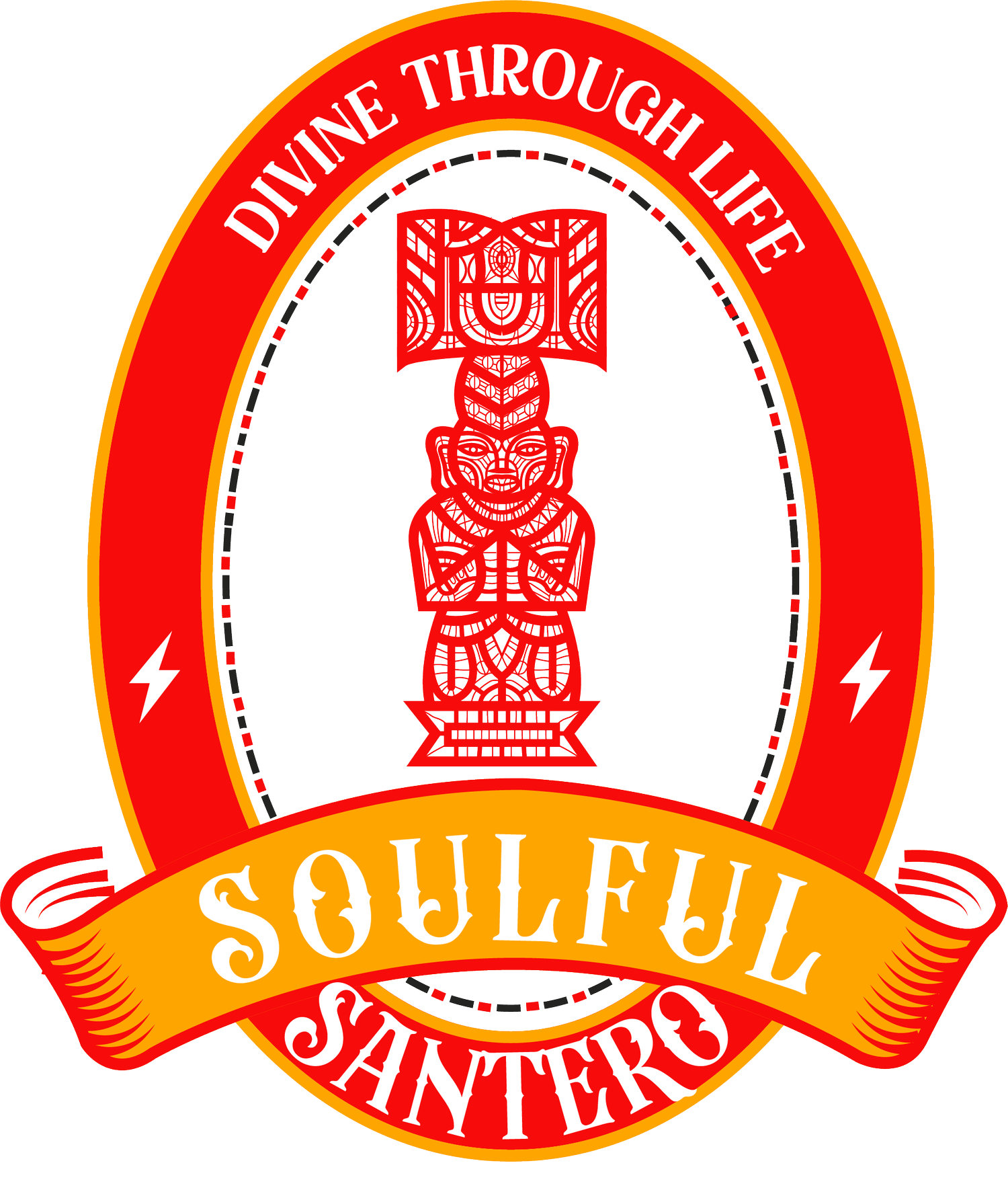CULTURAL MISAPPROPRIATION: A SEQUEL
I have written on this subject a few times before. I recently listened to Aidan Wachter on the “Weird Web Radio” podcast, where he talked of his experiences around the ADR tradition of New Orleans Voodoo. A big part of his reflection was on the issue of what he termed cultural appropriation. He had a good head about it, and I do recommend his interview for folks to listen to. There were some pieces I didn’t quite agree with, such as his assertion that a person from an ATR culture where that ATR came from has to be the one who teaches you. But that’s something I would expect someone to say who is ultimately an outsider to the traditions I practice, who does not have the deeper understanding of the universality of Afro-Cuban traditions, for example. I have learned significant parts of my indigenous beliefs and practices from people who are not Cuban, but who have a deep heart for the traditions as I do. It is the heart that matters most, not your proximity to the culture or the color of your skin.
But there’s a bigger issue that I keep bringing up that I feel often gets missed by people when they talk about this. So I am going to say it, again: what people are really bugging out over is called cultural MISappropriation. In my mind there is a large chasm of difference between appropriation and misappropriation. The former is very natural to me. It is inevitable that our cultures, so called races, etc. etc., will interact and be changed and informed by each other. Even in the historical American context, many Americans do not know that before the racist conscience overtook this country, there was significant race and ethnic mixing, but then everybody was lumped into being white or black. Overnight, families lost their actual identities and in some cases it was not discovered until someone in a family took a DNA test.
My point is that it is natural to mix, and when we mix, we admire the best of each other and take it into ourselves. I find Hoodoo to be a beautiful and stark example of this. Am I saying this is the only version of Hoodoo? Absolutely not. But it is a significant part of the Hoodoo historical canon. The other unpopular thing to be said is people on all sides are threatened by this natural mixing, this appropriation. Both sides, to me, hold the fear that who I am will get lost when I mix with you. I can have some compassion toward this fear. But as a person who does not live in fear, it makes me wonder how strong is a person’s sense of self if everything that differs from you threatens it?
Appropriation is natural. Misappropriation on the other hand, is taking something just because you can. Taking without respect to culture, protocol, respect or anything else. It often is also done without giving credit to where it was taken from. A certain purveyor of Hoodoo goods does this often. I listened and read their social media for years and waited to see if they would ever say where and who they learned what they learned their stuff from. But they didn’t. it was always a vague reference to a rootworker in a city somewhere. They are also white, so what they are doing is deeper than just misappropriation. People doing this are why Black rootworkers, and others, are so upset at the misappropriation.
How I choose to deal with this differs from a lot of people. Maybe this is because I am an espiritista. This means my focus in life is on uplifting people and helping their with their spiritual progress more than calling people out and going to war against misappropriaters. I am not knocking people who do. Both are a calling. But I am making the choice in my own teaching and business to be a part of the solution by being an African American man who teaches my version of Hoodoo to anyone who wants to learn. I am clear, also, that I cannot police people. What I do is stress social location and formation of your identity as a rootworker, so hopefully my students operate from a place of integrity and avoid the temptations of misappropriation. I am not interested in controlling people: control and manipulation was something my people already went through for over 300 years. It’s time to break that cycle, starting with myself.
Learn what you want to learn, but honor and respect and NAME the people and culture you got it from. This is how you honor these traditions, and yourself.
